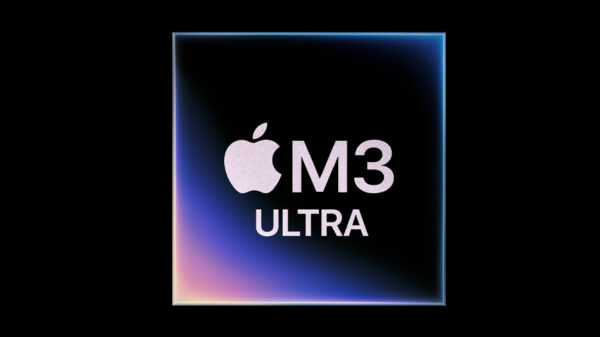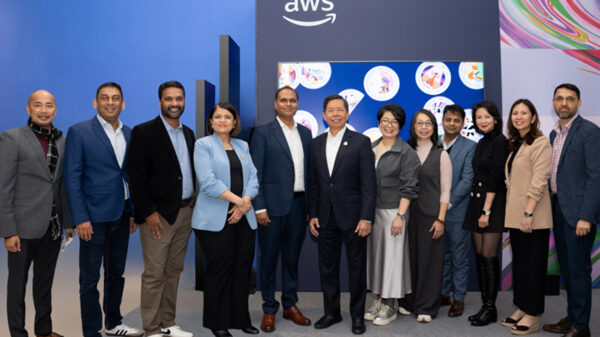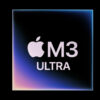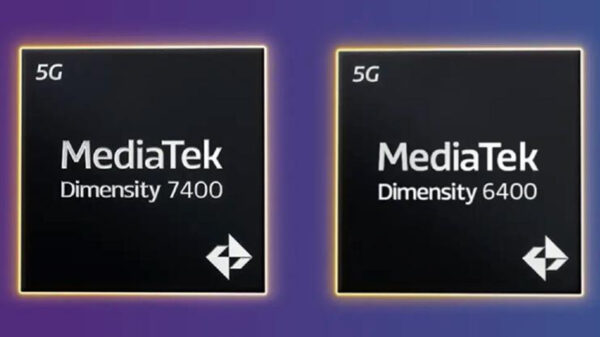Azul, the only company 100% focused on Java, released its global Oracle Java Usage, Pricing & Migration Survey and Report, conducted to assess the Java community’s response to Oracle’s pricing, policies and support for Java. The report shows that 86% of Oracle Java users are migrating all or some of their use with reasons including cost, a preference for open source, uncertainty over Oracle’s ongoing pricing changes and the threat of a Java usage audit.
This comprehensive study of 663 experienced Java professionals worldwide – from development team members to C-level executives – provides insights into the challenges enterprises face in managing their Java applications and Java-based infrastructure. The survey questions explored why Oracle Java users migrate to alternatives based on OpenJDK, the details surrounding the migration process and timing, and the importance of support and technical expertise for an OpenJDK distribution.
Oracle Java Migration Is Happening Now
Oracle’s share of JDK usage has been declining for years, from about 75% of the JDK distribution market in 2020 to 42% in 2023. The Oracle Java Usage, Pricing & Migration Survey and Report confirmed that trend, with 86% of respondents who use Oracle Java SE currently moving or planning to move all or some of their Java applications off Oracle. Only 14% of Oracle Java users plan to stay on Oracle.
The survey identified several factors driving organizations away from Oracle Java including:
● Cost: 53% cited Oracle Java as being too expensive.
● Preference for open-source alternatives: 47% expressed a desire to use an open-source distribution like OpenJDK.
● Uncertainty: 38% pointed to ongoing changes in pricing, licensing, and support from Oracle.
● Audit risk: 25% mentioned concerns about potential Java usage audits by Oracle.
● Support: 24% cited that Oracle support was not meeting their expectations.
These significant shifts in the JDK landscape are in full swing, and roughly two-thirds of survey respondents who plan to migrate off Oracle Java will make the move within two years. Among the 14% of participants who plan to continue to use Oracle Java, about a third said they are satisfied with Oracle’s pricing and policies.
“The data from the Oracle Java Usage, Pricing & Migration Survey and Report paints a clear picture: Java users are looking for an equivalent or better alternative to Oracle Java SE which can address their business concerns regarding licensing and support costs and risk of an audit,” said Scott Sellers, co-founder and CEO at Azul. “There is a better path forward: organizations who have switched to commercially supported distributions based on OpenJDK report smooth experiences and achieved significant cost savings.”
Life After Oracle: Migrations are Often Easier Than Expected
Despite trepidation among Oracle Java users about moving to distributions based on OpenJDK, most organizations that have migrated have been pleased with the process, timing and results. Seventy-five percent of respondents who completed their migrations to OpenJDK did so within 12 months and 23% migrated in less than three months.
Migrations to OpenJDK distributions also fell within expectations for 84% of respondents. Of that number, 41% indicated that the migration was easier than expected, and the remaining 43% said the migration went as planned.
Pricing and Support Matter — a Lot
The survey also shed light on Java support preferences and pricing concerns. Over half of the survey respondents cited price as a factor in seeking an alternative to Oracle Java. Two-thirds of organizations that switched from Oracle Java to OpenJDK distributions were able to save costs.
The Java professionals surveyed also clearly indicated that their companies need Java support, with 83% of respondents requiring support for production applications. That percentage includes paid support, support bundled with their existing cloud and infrastructure platform, or both. When considering what they valued most in paid support for an OpenJDK distribution, participants said the top five reasons were:
● Technical expertise (61%)
● Timely releases and fixes (54%)
● Customer support (42%)
● Stabilized security-only updates (40%)
“The exodus away from Oracle Java is driven by mounting concerns over pricing changes and a growing preference for open-source alternatives. While some organizations initially hesitated to make the switch, our survey reveals that those who have migrated to OpenJDK distributions have had a positive experience,” continued Sellers. “It’s clear that the Java community is voting with its feet, seeking more cost-effective, flexible and open solutions for their Java applications and Java-based infrastructure.”
To access the full Oracle Java Usage, Pricing and Migration Survey & Report, click here.













































































































